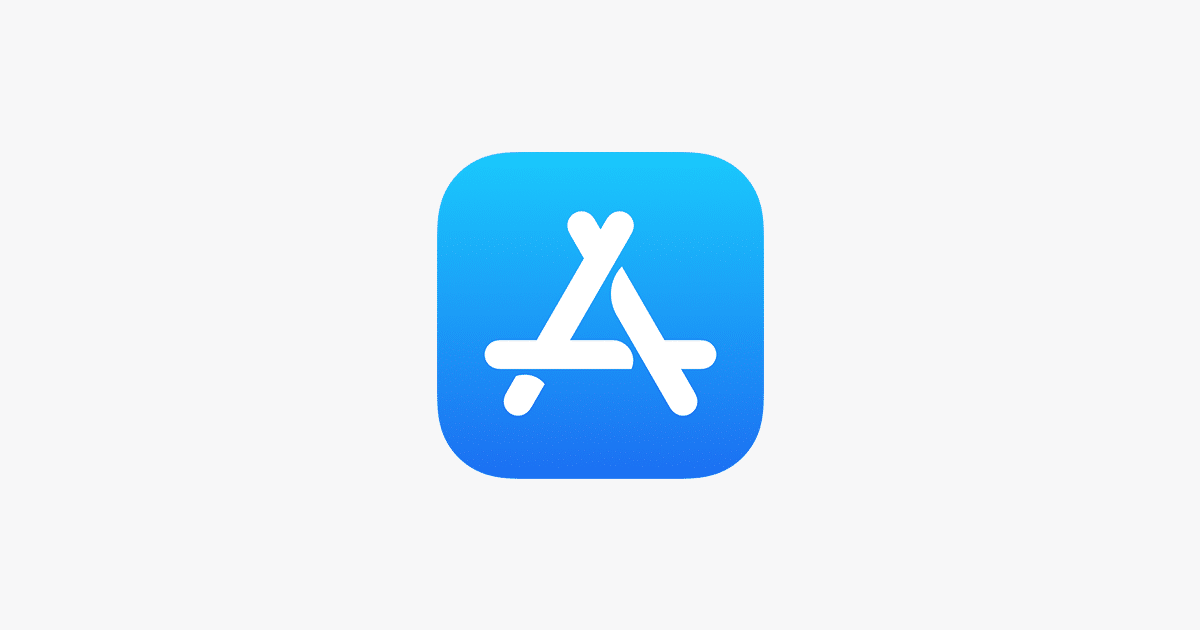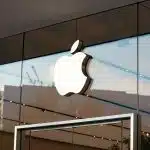Apple has officially appealed a U.S. court decision that forced the company to revise key App Store policies. The decision, issued by Judge Yvonne Gonzalez Rogers on May 1, came as part of the long-running legal battle with Epic Games.
Judge Rogers ruled that Apple must allow developers to direct users to alternative payment methods, a move that threatens Apple’s tight grip on in-app transactions. She found Apple had not fully followed a 2021 injunction and accused the company of creating new barriers that limited competition. Despite Apple’s request for a delay, the court ordered immediate compliance.

Apple Responds Swiftly With Appeal Filing
Apple has now filed its appeal with the U.S. District Court for the Northern District of California. Though the legal document is brief—mainly identifying the case number and legal representatives—it signals Apple’s strong disagreement with the latest ruling.
In a statement earlier this month, the company declared, “We strongly disagree with the decision,” and hinted at plans to challenge it. While no court date has been set, the filing marks the first step in Apple’s legal counterattack.
Epic and Others Push for More App Store Freedom
The changes came after Epic Games, the maker of Fortnite, accused Apple of anti-competitive practices. Although Apple won most parts of the case, it lost on one count—its so-called “anti-steering” rules, which stopped developers from pointing users to cheaper options outside the App Store.
Following the ruling, companies like Spotify quickly added new direct payment options for users. The ruling has already started to reshape how apps operate on iOS, even as Apple fights to overturn it.
What’s Next?
Apple’s appeal doesn’t delay the enforcement of the court order, so the App Store changes remain in place for now. Meanwhile, a separate legal process related to potential criminal contempt charges is still ongoing, though it’s unrelated to this appeal.
As the case develops, developers and users alike are watching closely—Apple’s next moves could reshape the future of app commerce.












